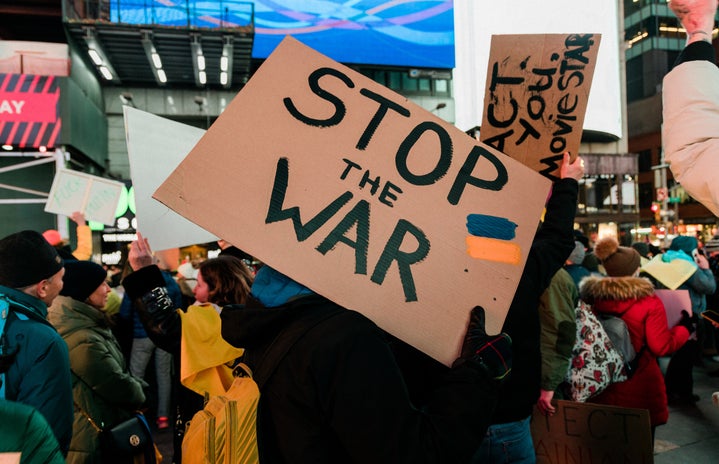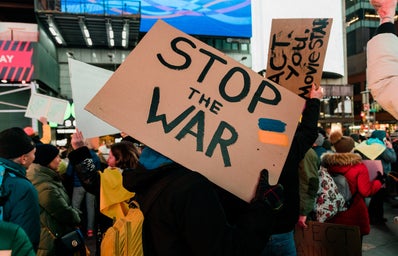New Zealand-born singer Lorde released her hit single “Team” in 2013. It’s been a decade since we were singing “We live in cities you’ll never see on screen / Not very pretty but we sure know how to run things” in the back of our parent’s cars on the way to school. Yet, this song is trending this week on TikTok in regard to the humanitarian crisis in the Gaza Strip, demonstrating the lack of international effort to save both Israeli and Palestinian civilians from the horrible atrocities currently happening.
I am not going to use this platform to write about the history of Palestine and the state’s ongoing conflict with Israel—that is research that you can do yourself. Nonetheless, it would be a shame if I chose to continue about my life in silence and did not support my best friend or my high school prom date and instead played the role of an enabler or bystander. We, collectively as Americans, can condemn terrorism while still understanding that bombing hospitals and schools is considered genocide. In his October 19th Instagram post, Seattle-born rapper Macklemore states it best: “I can wholeheartedly love my Jewish brothers and sisters, while simultaneously condemning the Israeli government.” Other artists, including Lorde, have joined Macklemore in speaking against these cruelties via social media, and last weekend, Macklemore found himself giving a brief speech at a pro-Palestine rally in Washington, D.C.
The city you’ll never see on screen is Gaza City, the largest in the state of Palestine. Since October 7th, the Israel-Hamas War has killed over 10,000 people—Israelis and Palestinians alike—with national media sources labeling Gaza as a “graveyard for children” (AP News, last updated: November 6, 2023). There is no justification for the outrageous crime that is stripping humans of their basic rights to water, food, healthcare, and telecommunication. This is not a new issue, either; Palestinians have been struggling for their independence for roughly 70 years. Some families have been living in one of the 58 refugee camps in other Middle Eastern nations since the mid-1900s.
In fact, during my freshmen year of high school, my world history class did a project on a theoretical peace plan, settling land disputes between Palestine and Israel. Glancing over these 2018 notes, I wrote about how foreign countries—including the United States—have drastically influenced the policies and border arrangements between these two groups. Today, however, it feels like the powerhouse countries that are typically involved in these matters are not improving the disaster that is the safety of the people who live in the war-torn areas of Palestine. On October 18th, President Biden released a statement regarding humanitarian assistance through the United Nations and other organizations. This is a step in the right direction, but, without a large economic backing, continues the United States’ cyclical pattern of compliance with genocide.
I am frustrated, but I cannot even fathom the emotions that my Palestinian peers are feeling. The United Nations is failing Gaza. Worldwide initiatives are failing Gaza. Equity is at the center of every modern public health model. Yet, here we are, letting the health of millions of civilians suffer. We are witnessing a human rights violation that will be used as a prime example of negligence in future international relations classes. It does not take a college-level education to have empathy. Thoughts and prayers are not the solution to mass killings (as we have learned with domestic school shootings). There is a need for more tangible action, some hope that international organizations do care about the health and safety of the people in Palestine and are actively working towards alleviating this clear humanitarian crisis.
And, as Lorde sings, we are on each other’s team. We are all human, and our international efforts should reflect this in Palestine.
Here is a link to a list of Seattle restaurants that are supporting the Palestine Children’s Relief Fund (PCRF). The PCRF is a nonprofit organization that provides medical relief to children in Palestine.


